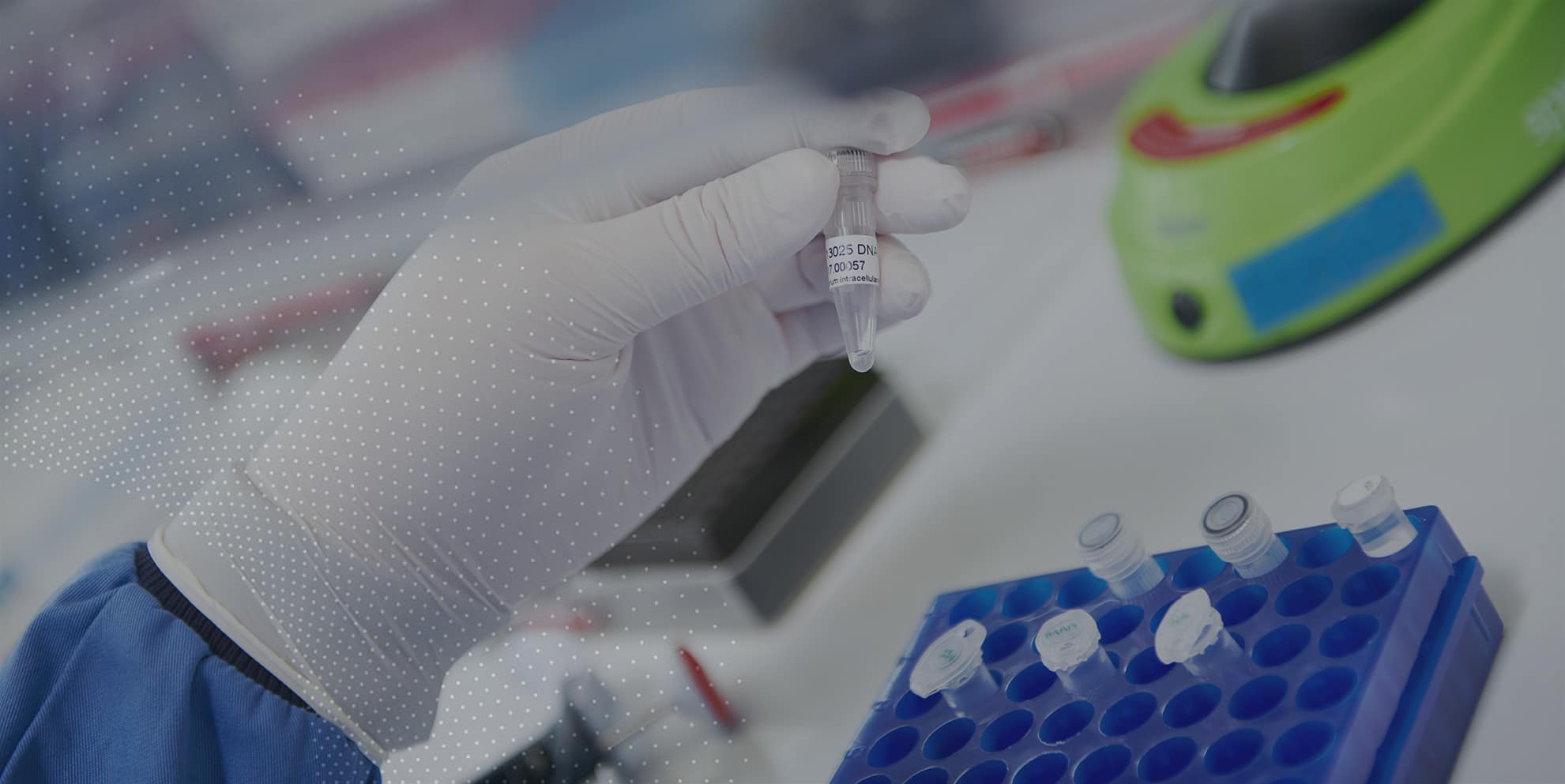One year on, we report on the progress made to date to establish a national network of Innovation Hubs for Gene Therapies to advance promising academic research into life-changing new medicines for patients.
New classes of highly specialised medicines, including gene and cell therapies, offer huge potential to transform the lives of patients with diseases that are often debilitating or life-shortening and have limited treatment options. But to date, academics have found it difficult to get access to the clinical materials, facilities and expertise required to progress their promising research into clinical trials.
In April 2021, LifeArc and the Medical Research Council (MRC), with support from the Biotechnology Sciences Research Council (BBSRC), announced an £18m investment to create a national network of Innovation Hubs for Gene Therapies to address this challenge.
Speaking at a recent Westminster Health Forum Policy Conference, Catriona Crombie, Associate Director, Technology Transfer at LifeArc, outlined how establishing these three dedicated facilities will help accelerate the development of new genetic medicines – helping the most innovative research to reach patients faster.
The challenge of rare diseases
There are more than 6,000 known rare diseases, which affect less than 1 in 2,000 of the population. Most are genetic conditions, which are caused by a fault in a person’s DNA.
Although a single rare disease will affect only a small number of people, they are collectively common. One in 17 people will be affected by a rare disease at some point in their lives – in childhood, adulthood, or both. That includes 3.5 million people in the UK.
In January 2021, the four nations of the UK published the UK Rare Diseases Framework, outlining the national priorities for improving the lives of those affected by rare diseases. One of the four key priority areas was improving access to specialist care, treatments and drugs. All four nations have committed to publishing their action plans by the end of 2022.
Cell and gene therapies have the potential to the transform treatment of patients with certain rare diseases. Since the beginning of 2021, 12 of these innovative medicines have been approved in the UK – including life-changing treatments for neuromuscular conditions, cancers and inherited forms of blindness. Nearly 300 cell and gene therapies are currently in development across more than 100 therapy areas, offering hope for many more families in the next few years.
The success of gene therapies relies on the delivery of nucleic acids directly into affected cells using a vehicle, such as a virus. But one of the main barriers to advancing these promising medicines into clinical trials is the complexities of manufacturing these products.
One of the actions in the England Rare Diseases Action Plan, which was published in February 2022, is to develop a strategic approach for gene therapies and other advanced therapy medicinal products. It notes that with the number of these medicines coming to market expected to increase, there is a need to consider how these treatments are delivered, adopted and evaluated.
Increasing capacity
Catriona’s talk was attended by delegates from across different sectors including the UK, Scottish and Welsh Governments, pharmaceutical companies, the UK Medicines and Healthcare products Regulatory Agency (MHRA), NICE, the NHS, Genomics England and rare disease charities.
She began by outlining LifeArc’s new strategy and the funding opportunities available for translational research – highlighting the Philanthropic Fund, which provides grants to researchers to advance new treatments for rare diseases closer to the clinic.
“A high percentage of our portfolio is in advanced therapeutics and gene therapies,” she explained. “But for academics, it was proving incredibly difficult to get access to the clinical materials, facilities and expertise required to progress their gene therapy research into clinical trials.”
As much of the initial discovery of these innovative treatments takes place in academic institutions, we identified an urgent need to support researchers to create technologies that are as advanced in their development as possible and ready to be safely translated out of the lab and into the clinic.
Catriona then shared how we are helping to address this bottleneck by creating the Innovation Hubs for Gene Therapies at Kings College London, NHS Blood and Transplant in Bristol and the University of Sheffield. A key aim is to smooth the transition from the small-scale supply for early clinical trials through to larger-scale manufacture for patient trials, and beyond.
Progress update
Operating as a coordinated network, the Innovation Hubs are designed to advance the clinical development of new genetic treatments through the production of GMP (good manufacturing practice) viral vectors, alongside essential translational support and regulatory advice.
Key progress towards the creation of the Hubs to date include:
- Equipping the three dedicated state-of-the-art new facilities – including a brand new building in Sheffield.
- Facilitating the transfer of technology platforms for manufacturing commonly used vectors including both lentivirus and adeno-associated virus (AAV) that are needed for gene therapy clinical trials, in partnership with the Cell and Gene Therapy Catapult.
- Setting up the Coordinating Committee, chaired by Sven Kili, which is overseeing the creation of the Hubs and now meets every quarter.
- Developing a skills and training strategy. Due to launch later this year, this aims to ensure that the UK has sufficiently qualified people to develop, manufacture and commercialise these therapies in the future.
The UK is already a world leader in the provision of cell and gene therapies. The new Hubs will build on the UK’s existing strengths in this area, supporting the delivery of a new wave of genetic medicines with the potential to transform people’s lives.
Sites are expected to be available for manufacture from mid-2023.
The Innovation Hubs are keen to speak with academics who may wish to use their services in the future. Please get in touch by emailing viralvector@mrc.ukri.org.




